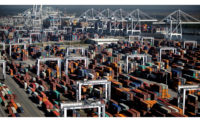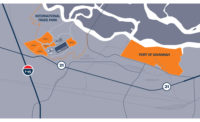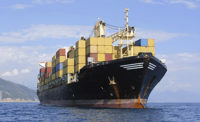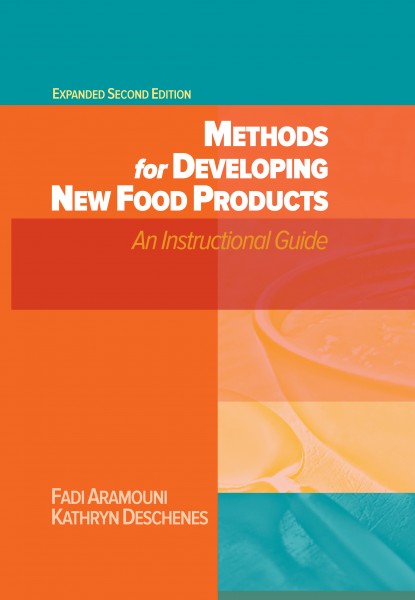Port of Savannah receives four new Panamax cranes
Designed by Konecranes of Finland, these cranes can work the largest ships calling on the U.S. East Coast, reaching across vessels 22 containers wide.

Four new Super Post Panamax ship-to-shore cranes arrived at Garden City Terminal, bringing the Port of Savannah's total to 26, what is said to be more than any other U.S. terminal.
"For customers, it means the capacity to move up to a thousand containers per hour across a single dock at America's largest terminal, allowing us to work more vessels, more quickly," says Griff Lynch, executive director of Georgia Ports Authority (GPA), Savannah, Ga. "It means getting cargo to market and getting ships back out to sea with unmatched efficiency."
Designed by Konecranes of Finland, these cranes can work the largest ships calling on the U.S. East Coast, reaching across vessels 22 containers wide.
"We're growing our crane fleet in order to stay ahead of demand," says Ed McCarthy, GPA chief operating officer. "Since the opening of the expanded Panama Canal in June, Garden City Terminal has seen a 40% increase in the number of vessels carrying 8,000 or more 20-foot equivalent container units. Over the same period, the Port of Savannah has seen a 21% increase in the number of TEUs handled per vessel."
Counting the new cranes, Savannah now features 20 New Panamax cranes and six post-panamax cranes (reaching 17 containers across). Another four New Panamax cranes are due to arrive in 2018, bringing Savannah's total to 30. The cranes operate over a dock with nearly 10,000 feet of contiguous berth space.
The new cranes, along with the Savannah Harbor deepening, help to accommodate a move in the world fleet toward larger ships. Through its expanded locks, the Panama Canal can now accommodate vessels with a capacity of 14,000 TEUs, nearly triple the size of the canal's previous maximum. This opens an important new route for the more efficient ships to serve the U.S. East Coast.
Port officials say the improvements to the Port of Savannah's crane fleet demonstrate the GPA's commitment to expand capacity, providing more opportunities for growth and greater flexibility to meet customer needs.
“Garden City Terminal completes 100,000 container transactions every week," says GPA board chairman Jimmy Allgood. "Keeping all those transactions moving smoothly requires the authority to maintain capacity at least 20% above demand. Our new cranes help to ensure the terminal remains congestion-free and efficient for customers."
Looking for a reprint of this article?
From high-res PDFs to custom plaques, order your copy today!








